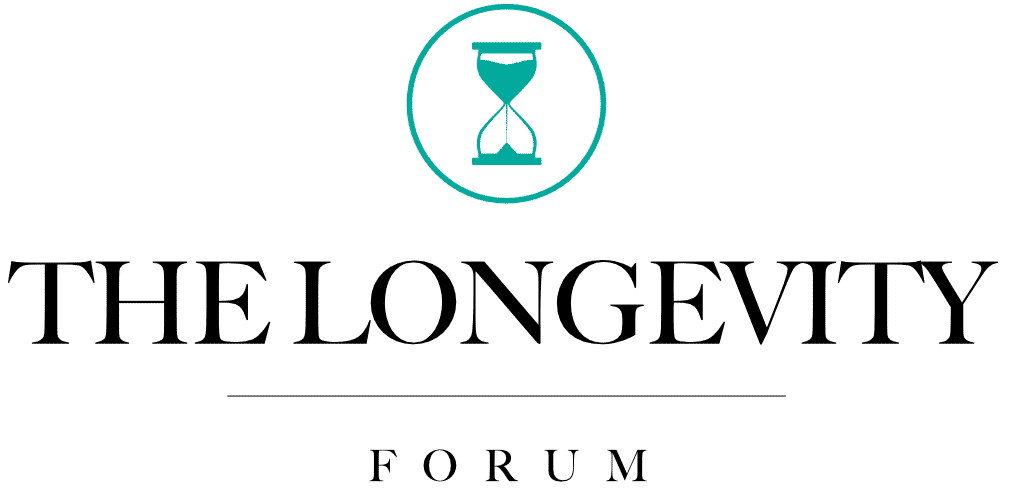Longevity Person of the year

2023
Peter Attia
Peter Attia, MD, is the founder of Early Medical, a medical practice that applies the principles of Medicine 3.0 to patients with the goal of lengthening their lifespan and simultaneously improving their healthspan. He is the host of The Drive, one of the most popular podcasts covering the topics of health and medicine.
He is also the author of the #1 New York Times Bestseller, “Outlive: The Science and Art of Longevity”.
Dr Attia received his medical degree from the Stanford University School of Medicine and trained for five years at the Johns Hopkins Hospital in general surgery, where he was the recipient of several prestigious awards, including resident of the year.
He spent two years at the National Institutes of Health as a surgical oncology fellow at the National Cancer Institute, where his research focused on immune-based therapies for melanoma.
2022
David Sinclair
Professor David A. Sinclair, A.O., Ph.D. a researcher at Harvard Medical School and communicator, is regarded as an expert on human longevity. In 2014, TIME magazine named him “one of the 100 most influential people in the world” and in 2018 among the “Top 50 People in Healthcare”. He is an inventor on more than 50 patents, has published over 180 papers that have been cited 83,000 times, and received more than 40 awards for his research and scientific breakthroughs. Dr. Sinclair and his work have been featured on 60 Minutes Today, Wall Street Journal, New York Times, Fortune, and Newsweek, among other publications. His New York Times bestselling book “Lifespan: Why We Age and Why We Don’t Have To” is published in more than 20 languages and his podcast, called Lifespan, is one of the world’s most popular. His lab was the first to show that aging can be safely reversed, a discovery that has led to a multi-billion-dollar industry to treat diseases and extend human lifespan by controlling the aging process.


2021
James Lovelock
James Ephraim Lovelock CH CBE FRS is an English independent scientist, environmentalist and futurist. He is best known for proposing the Gaia hypothesis, which postulates that the Earth functions as a self-regulating system. With a PhD in medicine, Lovelock began his career performing cryopreservation experiments on rodents, including successfully thawing frozen specimens. His methods were influential in the theories of cryonics (the cryopreservation of humans). He invented the electron capture detector, and using it, became the first to detect the widespread presence of CFCs in the atmosphere. While designing scientific instruments for NASA, he developed the Gaia hypothesis. In the 2000s, he proposed a method of climate engineering to restore carbon dioxide-consuming algae. He has been an outspoken member of Environmentalists for Nuclear, asserting that fossil fuel interests have been behind opposition to nuclear energy, citing the effects of carbon dioxide as being more harmful to the environment, and warning of global warming due to the greenhouse effect. He has written several environmental science books based upon the Gaia hypothesis since the late 1970s
2020
Dame Sarah Gilbert
Dame Sarah Catherine Gilbert DBE is a British vaccinologist who is a Professor of Vaccinology at the University of Oxford and co-founder of Vaccitech. Gilbert specialises in the development of vaccines against influenza and emerging viral pathogens. She led the development and testing of the universal flu vaccine, which underwent clinical trials in 2011. On New Year’s Day 2020 Gilbert read on ProMED-mail about four people in China suffering from a strange pneumonia of unknown cause, in Wuhan, China. Within two weeks a vaccine had been designed at Oxford against the new pathogen. On 30 December 2020, the Oxford–AstraZeneca COVID-19 vaccine she co-developed with the Oxford Vaccine Group was approved for use in the United Kingdom. As of January 2022 more than 2.5 billion doses of the vaccine have been released to more than 170 countries worldwide.

